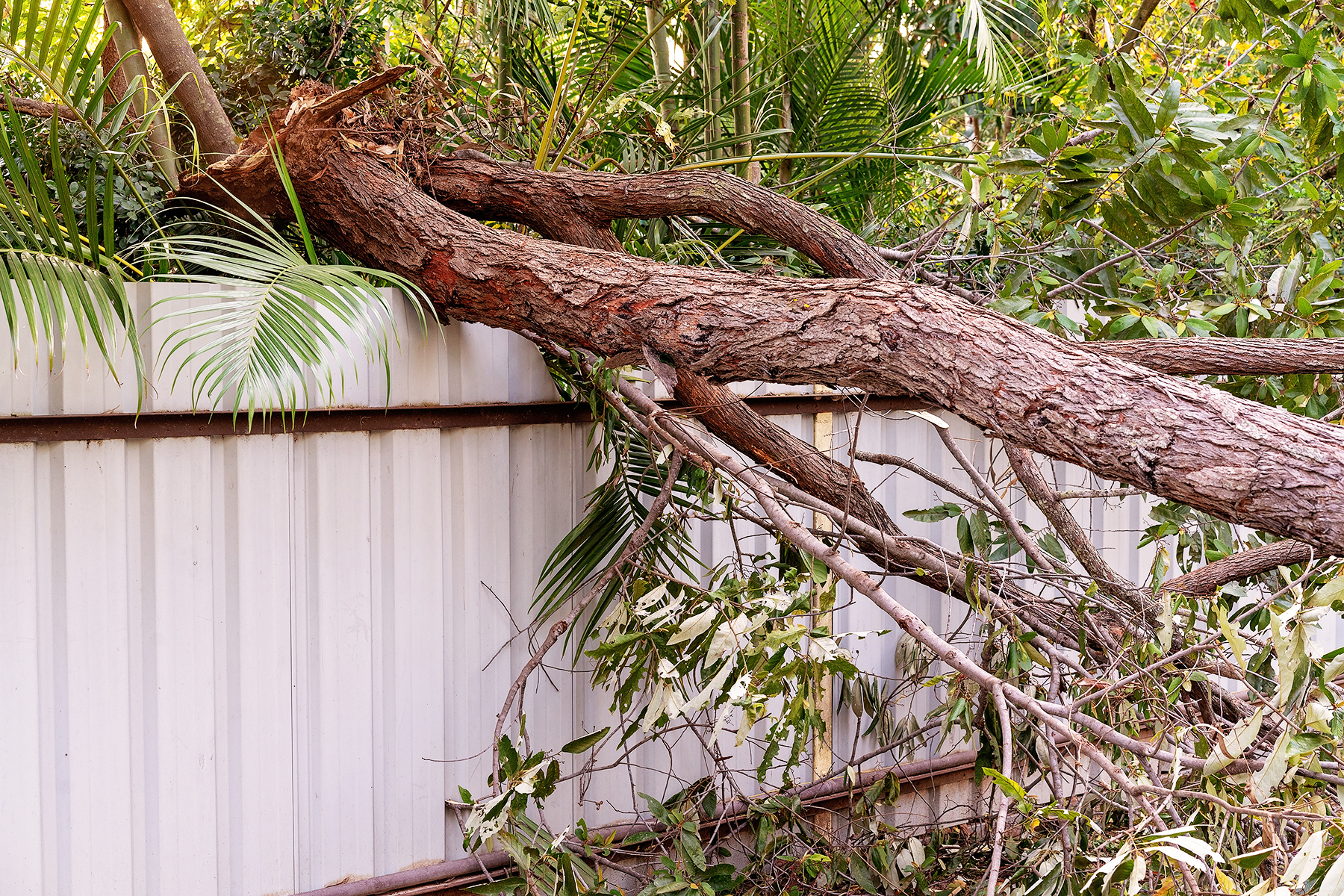Hurricanes And Homeowners Insurance

Since we live in a region that is prone to hurricanes, you likely have certain emergency plans in place. But do you know what types of insurance you may need to provide coverage for the kinds of damage a hurricane can cause? The answer may depend on where you live, what types of damage your home sustains, what limitations your policy may have in place, and how much coverage you purchase. Here are some things to consider when it comes to hurricanes and homeowners insurance.
Hurricane damage caused by wind
A peril is an event, like a fire or a break-in, that may damage your home or belongings. The perils covered by your homeowners insurance are listed in your policy. Wind is typically among the perils covered by a standard homeowners insurance policy. However, some policies partially or completely exclude wind-related damage. It’s important to read your policy or contact your agent to learn if and how your home’s structure, as well as your belongings, may be covered against a hurricane’s winds.
If your policy does offer coverage for wind damage, you may find that it includes a separate hurricane deductible that is higher than your standard deductible. And, if coverage is provided, it’s important to remember that coverage limits will apply.
Hurricane damage caused by flood
Flooding is often associated with hurricanes. However, private homeowners insurance policies typically do not cover flood damage. That exclusion also pertains to flooding brought on by or as a result of a hurricane. However, if a hurricane’s wind damages your roof, and rain gets in as a result, you may find that homeowners insurance offers some protection if your policy includes coverage for wind.
You may be able to purchase a separate flood insurance policy through the National Flood Insurance Program to help cover the cost of replacing or repairing your home and belongings after a flood. It should be noted that a flood insurance policy can take up to 30 days to go into effect, so it’s important to be proactive.
Being prepared and putting some protective measures in place ahead of a storm or flood may help you stay safe if one strikes. This includes steps like cleaning out gutters and downspouts in advance of a storm, safeguarding important documents by making digital backups, devising an evacuation plan that includes potential routes out of the area, and creating an emergency kit to take with you in case of an evacuation. But it also includes the important step of reviewing your insurance policy now – and potentially making necessary adjustments – before a hurricane hits, ensuring you, your family, and your property are protected.
Thomas Walters
Allstate agent and owner of Walters Insurance Agency.

